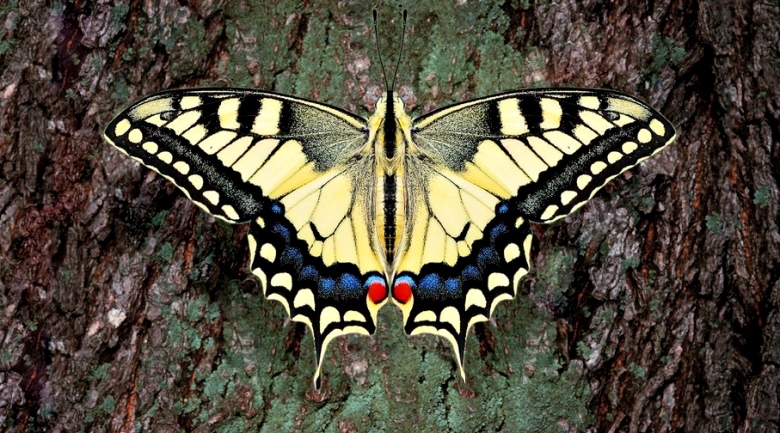
Most countries in the world have little capacity to deal effectively with invasive species, a study suggests. The spread of non-native species threatens livelihoods and biodiversity, but the issue is worsened by global trade, travel and climate change. A team forecast how the spread of species could change over the century.
They show that one-sixth of the world’s land surface is vulnerable to invasion. In what the authors say is the first evaluation of its kind, the paper assesses individual nations’ abilities to manage existing invasive species and respond to new ones.
Regan Early from the University of Exeter, Jeffrey Dukes from Purdue University in the US and other co-authors suggest that developed countries, which have been most affected by invasive species – and have the strongest management efforts – will continue to face an onslaught of new arrivals.
However, they predict that non-native plants, animals and microbes will increasingly threaten developing countries with some of the last remaining biodiversity hotspots, due to increased air travel and the expansion of agriculture.
This could endanger livelihoods and food security in fragile economies that are ill-prepared to deal with the expansion of invasive organisms. Dr Early commented: "Rampant globalisation will lead to invasions in countries with the least capability to deal with them.
"We need more international cooperation, and the US, Australia and nations in Europe to share expertise." Prof Dukes added: "Low-income countries stand to lose a lot by having their natural resources sapped by invasive species.
"We hope this analysis can be a conversation starter for governments around the world to strengthen their protection."
Invasive species often travel as stowaways or contaminants in goods imported by planes and ships. They also arrive as exotic pets or plants that subsequently escape or are released deliberately into the wild.
